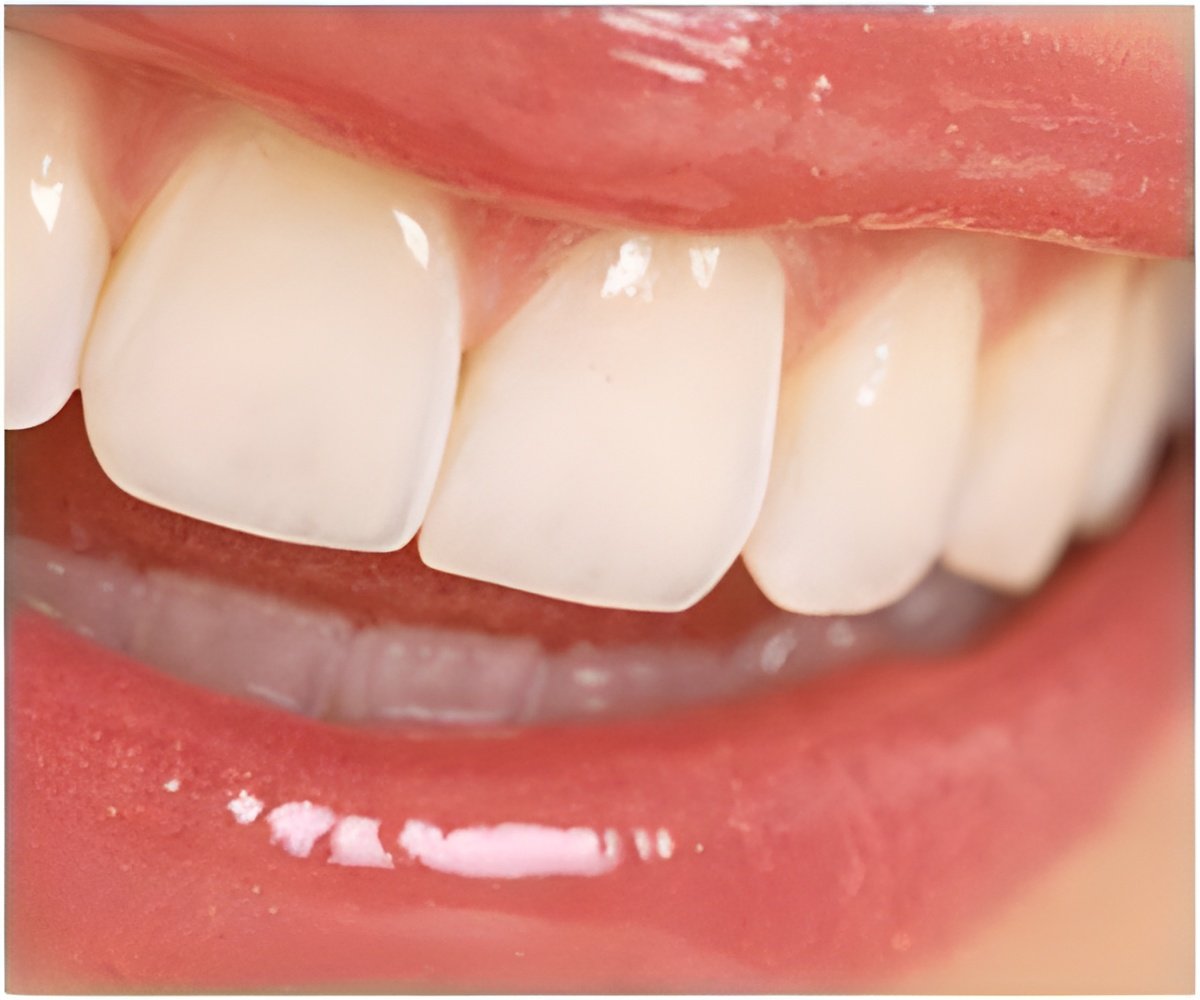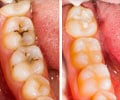A new study assessed the cost-effectiveness of artificial intelligence-supported detection of proximal caries and its benefits in caries management.

Artificial Intelligence in Caries Detection
The study investigated the cost-effectiveness of AI-supported detection of proximal caries in a randomized controlled clustered cross-over superiority trial. Twenty-three dentists assessed 20 bitewings; 10 of which were randomly evaluated supported by an AI-based software and the other 10 without AI.‘Detecting early caries lesions was more sensitive when using artificial intelligence and the treatment decisions determined the lifetime cost-effectiveness.’





Then evaluated the proportion of true and false positive and negative detections and the treatment decisions taken for each detected lesion (non-invasive, micro-invasive, invasive).The results found that for detecting early (E2 or D1) lesions, dentists were significantly more sensitive when using AI. However, treatment decisions determined the lifetime cost-effectiveness.
If, however, all detected early lesions had been treated non- or micro-invasively, AI was far less costly. AI applications should not only support caries detection, but also subsequent evidence-based management of caries lesions.
Source-Medindia









